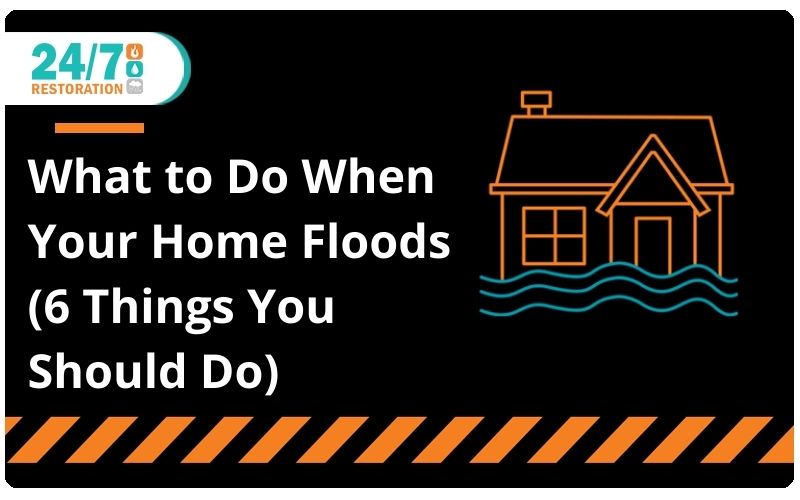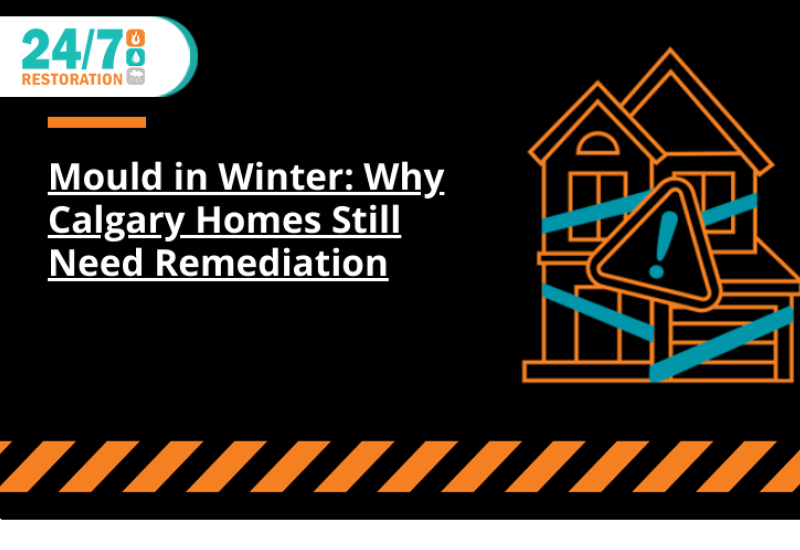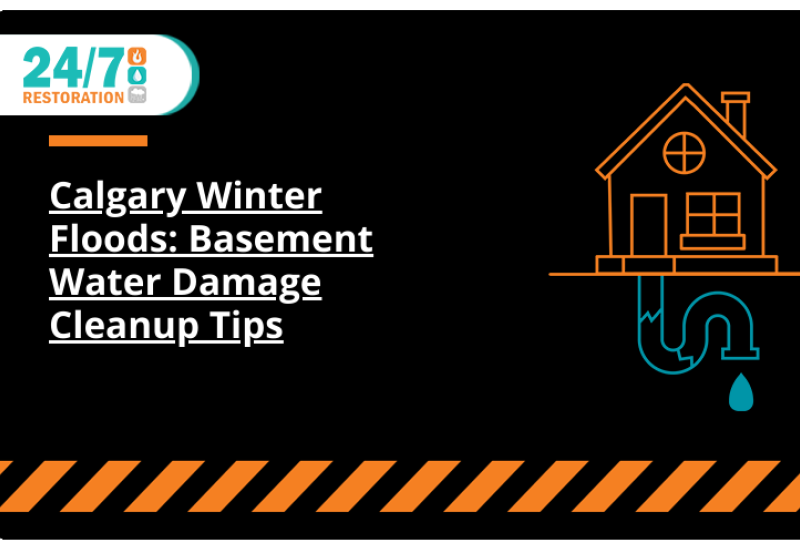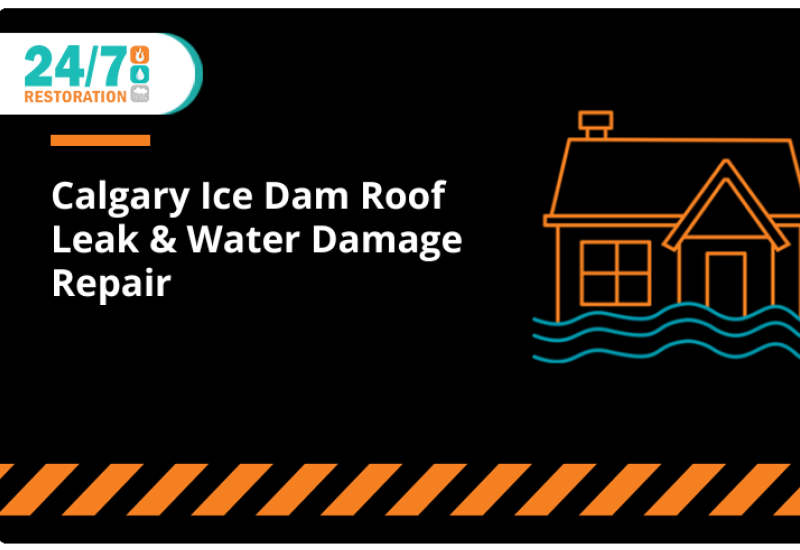Take These Steps When A Flood Happens
Address The Water Source
Locate the source of water. If the flood is due to a burst pipe, shut off the main water valve to prevent further damage. If the flood is due to heavy rainfall, try to redirect the water flow away from your home by digging trenches or building sandbags. If the source of water is outside of your control, you'll need to wait for the water level to recede.
Turn Off The Power and Gas
When water enters your home, the first thing you should do is turn off the power and gas supply. Water conducts electricity, and a flooded home can pose a serious electrocution risk. Turning off the power at the main circuit breaker can prevent electrocution and also prevent electrical fires that can occur due to short circuits. If you smell gas, contact your gas company or fire department immediately.
Protect Yourself
Water that enters your home may be contaminated and can be hazardous to your health. When you enter the flooded area wear protective gear. Gloves, goggles, boots, and masks can protect you from contaminated water and prevent you from inhaling harmful substances. You should also be careful of slippery surfaces, sharp objects, and unstable structures that can cause injury. If the water is too deep, it's best to wait for a professional flood restoration company to arrive.
Remove Standing Water
Standing water can cause extensive damage to your property, so it's crucial to remove it as soon as possible. You can use a sump pump, wet vacuum, or even buckets to remove the water. Be sure to dispose of the water properly and safely. You can use a hose to drain the water outside or pour it down the drain if the sewer system is not overloaded. If you're unsure of how to remove the water, call a professional flood restoration company.
Dry The Affected Areas
After removing the standing water, it's important to dry the affected areas to prevent mold growth and further damage. You can use fans, dehumidifiers, and open windows to increase air circulation and help dry out the space. If you have access to a dehumidifier, use it to remove excess moisture from the air. Be sure to dry all surfaces, including floors, walls, and furniture, to prevent mold growth.
Call The Professionals
Dealing with water damage resulting from a flood in your home can be overwhelming, and it's best to call a professional flood restoration company to mitigate the damage and return your home to pre-flooding condition. A restoration company has the experience, knowledge, and equipment to handle all types of water damage, from small leaks to large floods.
Flood Cleanup With 24/7 Restoration
Whatever the cause of your flood, a restoration company cleanup crew can quickly and professionally control and remediate the area. If your pipe bursts, your home is flooding due to the spring thaw, or a winter storm is causing water backup, call 24/7 Restoration any time, night or day, on our emergency line for immediate services. Our expert cleanup crew will remove all damage and restore your home to pre-flood conditions. If you have any questions contact 24/7 Restoration by filling out the online contact form, and for immediate assistance, call us at 1-403-247-4365.
FAQ
Q: Is there any way to guarantee my basement won’t flood?
A: There are preventive steps you can take to reduce the risk of flood damage: shovel snow away from your house, remove snow and ice, clear the drains, and check your sump pump. These are all great preventative measures but there’s no way to guarantee your house won’t flood. Having a sump pump with a secondary power source and knowing the 24/7 Restoration team is accessible and responsive 24 hours a day, 7 days a week can help put your mind at ease.
Q: What are the risks if a roof collapses after a winter storm?
A: A collapsed roof can mean serious structural failure and potential damage to gas lines and wiring. If your roof collapses, do not go back into the house. Call 911 and follow their instructions.
Q: Why are pipes likely to freeze during a winter storm when they’re normally fine in the Calgary climate?
A: Even if the winter storm weather doesn’t seem that much colder than you’re used to, it can cause power outages. This can cause gas furnaces and the water to shut off and, if the water is not flushed out of the pipes, they can easily freeze, leading to bursts.




